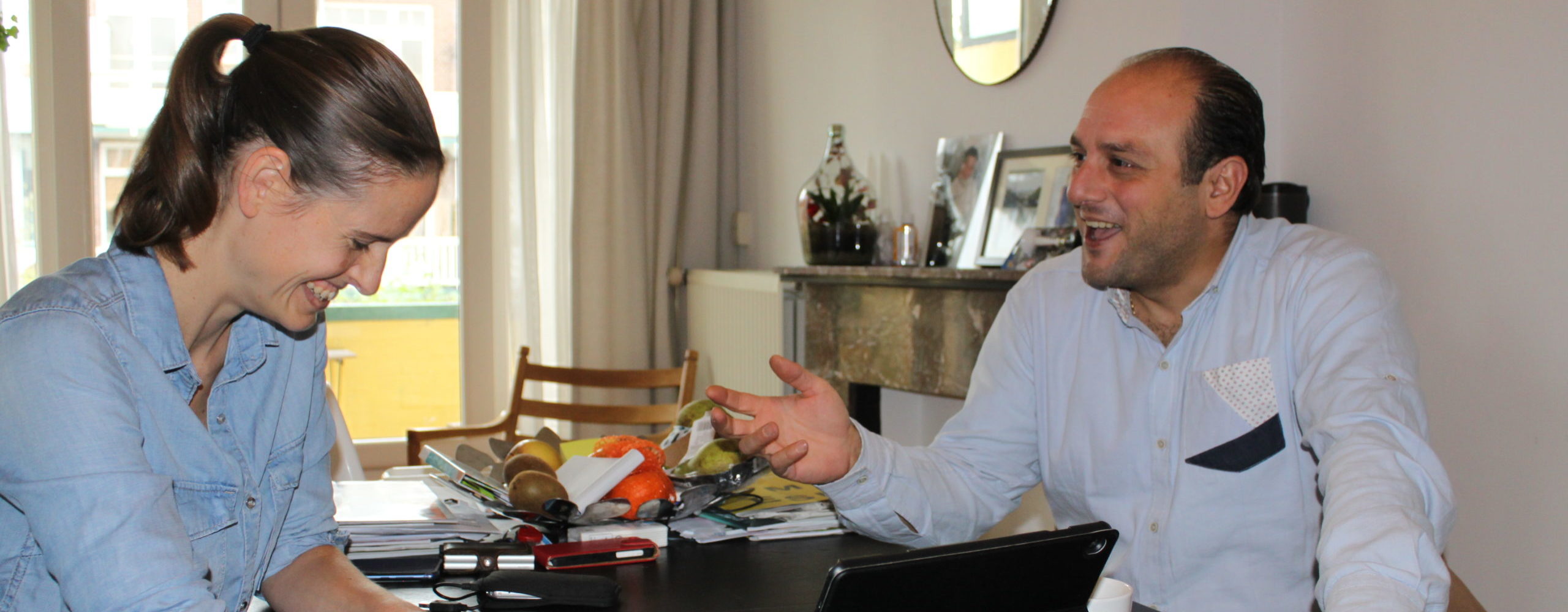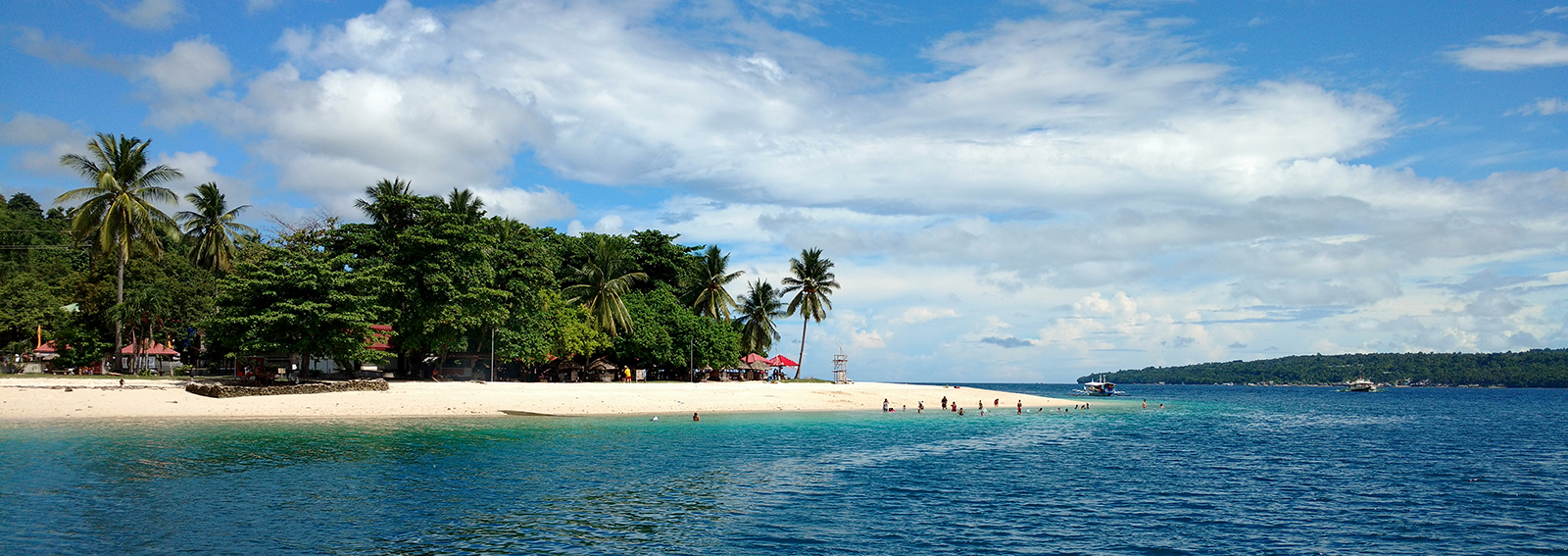“The American Dream will be increasingly difficult to obtain for future generations. My American parents-in-law benefited from soaring property prices to build up their savings. For most people, that is not an option anymore. My wife and I can only recently expect to make a modest profit on the house we bought twelve years ago.

When someone asks at work, “How are you today?”, we sometimes answer jokingly: “You know, just living the dream!” I’ve never viewed my life in the U.S. as being about pursuing a dream. I have a beautiful family and friends I care about. Overall, we have a good life. It’s innately American to strive for bigger, better and more expensive. It’s about possessions and people happily take out loans to finance their perceived needs. We are lucky and don’t have any car or credit card loans. This gives us the opportunity to go out and have fun as a family on a regular basis.
Finding friendship
I met Alicia in 1997 in Minneapolis where I was working at the front desk of the Hilton hotel as part of my hotel management studies in Leeuwarden, the Netherlands. During my year-long employment at the Hilton we fell in love and discussed that I’d soon come back to Minneapolis. Job prospects weren’t great though. Alicia then spent some vacation time in the Netherlands and liked it there. In August of 1998 she moved to Zwolle where we lived together for six years. Our adventurous streak finally got the better of us and we decided to start a new life in Minneapolis where we still live today. All three of our daughters – ages 7, 9 and 11 – were born there.
We try to visit my family and friends every other year and it’s always great to be back. I miss the Dutch social custom of dropping by unannounced. I miss visiting friends who live just a five-minute bike-ride away. It was pretty hard in the beginning. My wife had old friends nearby, although some moved away from Minneapolis over the years. Once the kids started going to school we became acquainted with the other parents and we befriended some of them. Hadn’t it been for the kids, finding great friendships would’ve been a lot harder.
Sense of space
What I enjoy most about where we live is the sense of space. Our house isn’t big, but it’s detached, in a safe neighborhood, and we have a nice garden. Unlike the Netherlands, there’s no inescapable feeling of being overcrowded. Parking spots are bigger, so are stores – and they’re usually open 24/7.
Unlike the Netherlands, there’s no inescapable feeling of being overcrowded
Yes, the working culture is tough. Sixty to seventy hour work weeks are no exception. Friends of mine stopped receiving vacation hours because they’d already reached the ceiling of two hundred. Yet, a strong work ethic is what propelled this country to the top for so many years. Things are changing, though, as the younger generation is demanding a more equal work-life balance.
The growing divide
Another social trend that’s been occurring over the past twenty to thirty years is the shrinking of the middle class. Most American families can no longer get by on one paycheck. Often, both parents need to work – one full-time and the other at least part-time. When Alicia and I first got back to Minneapolis, we both earned minimum income. Once we started earning a little more, we were fortunate enough that Alicia could stay home with the kids. We are now, I suppose, part of the diminishing middle class.
The divide will keep growing. It has become especially hard for young families with large student debts, a mortgage and modest incomes. I can’t help thinking, however, that people themselves are sometimes part of the problem. Now that the worst of the financial crisis is behind us, I hear colleagues and friends talking about spending more again, often on credit. That’s something I find difficult to understand.
Politics you can’t ignore
Someone who’s successfully tapped into the divisiveness in the United States is our 45th president, Donald Trump. His success derives from opposing everything and everyone. He convinced a large part of the population that politicians in Washington, DC only work for the wealthy – and themselves. That resonates greatly, especially in rural communities, where the mainstream media doesn’t penetrate as much as in cities.
The ban completely ignores America’s history as a country of immigrants
It’s impossible to completely ignore politics nowadays. Especially because this administration’s views on global trade directly impact the food industry I work in. Our company is looking at whether products we currently outsource are also available in the U.S. Another factor is the rumored twenty percent import tax on Chinese products. We also consider the trade pacts with Canada and Mexico. Like all companies operating internationally, we have to make sure we’re prepared for anything.
American Dream denied
There seem to be three ways to respond to Trump. Either you oppose or defend him, loudly, or you are fed up with the constant reporting on his every move and the entire media hype in general. I have the feeling that latter group is getting bigger. It’s not that these people don’t care what’s happening. They just assume that the limitations on the White House’s power will make sure nothing too serious goes wrong.
I can follow their reasoning to an extent, but I find some of Trump’s actions truly dangerous. Take the travel ban for instance. I play soccer with Iranians who run their own successful small businesses. My wife’s best friend is married to a man from Iran. With the ban, they can no longer be visited by their families back home. These people are not a threat, they are part of what makes Minnesota a great state to live in. The ban completely ignores America’s history as a country of immigrants. What is more, it denies them a shot at their personal American Dream, based on economic opportunity, the bedrock of this country.”








